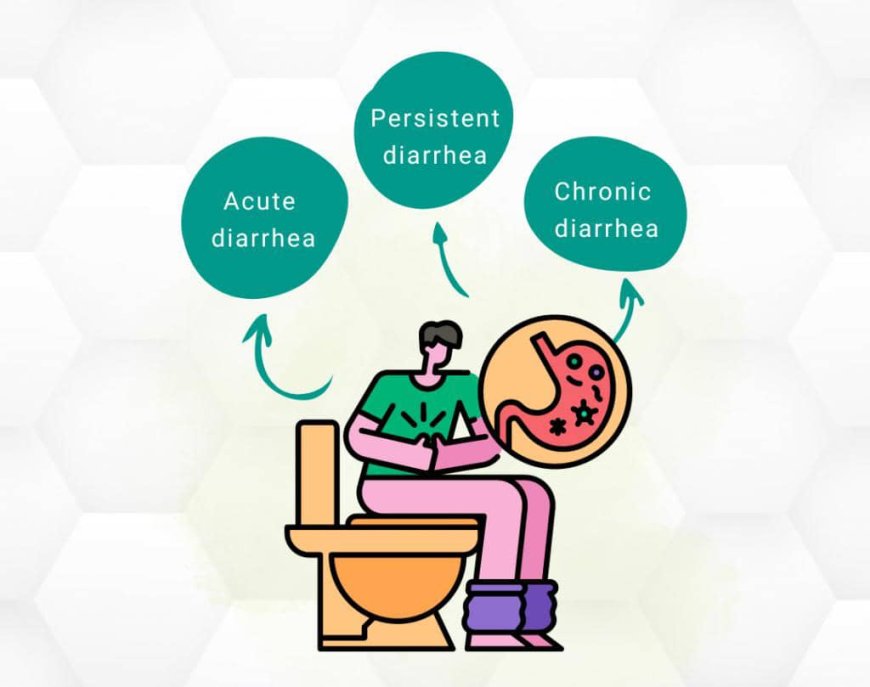Understanding Diarrhea: Causes, Symptoms, and Management

Diarrhea is a common condition characterized by loose, watery stools that occur more frequently than normal.
It often indicates that the digestive system is not functioning correctly.
Causes of Diarrhea
1. *Infections*
- *Bacterial*: Ingesting contaminated food or water can lead to bacterial infections (e.g., Salmonella, E. coli).
- *Viral*: Viruses like norovirus and rotavirus can also cause diarrhea.
- *Parasitic*: Parasites from contaminated sources can affect gut health.
2. *Dietary Choices*
- *Food Intolerances*: Lactose intolerance or gluten sensitivity can trigger diarrhea.
- *High-Fat or Spicy Foods*: Certain foods may irritate the digestive tract.
3. *Stress and Anxiety*
- Emotional stress can impact gut function and lead to digestive disturbances.
4. *Underlying Health Issues*
- Conditions like Irritable Bowel Syndrome (IBS), inflammatory bowel diseases (IBD), or gastrointestinal disorders can cause chronic diarrhea.
Symptoms
- Loose, watery stools
- Increased frequency of bowel movements
- Abdominal cramps or pain
- Nausea or vomiting
- Dehydration signs (thirst, dry mouth, decreased urination)
Management and Prevention
- *Stay Hydrated*: Drink plenty of fluids, including water, broth, or oral rehydration solutions to prevent dehydration.
- *Dietary Adjustments*: Avoid trigger foods, and consider bland foods like bananas, rice, applesauce, and toast (BRAT diet).
- *Seek Medical Advice*: Consult a healthcare provider if diarrhea persists for more than two days, is severe, or is accompanied by high fever or blood in stools.
What's Your Reaction?





























































